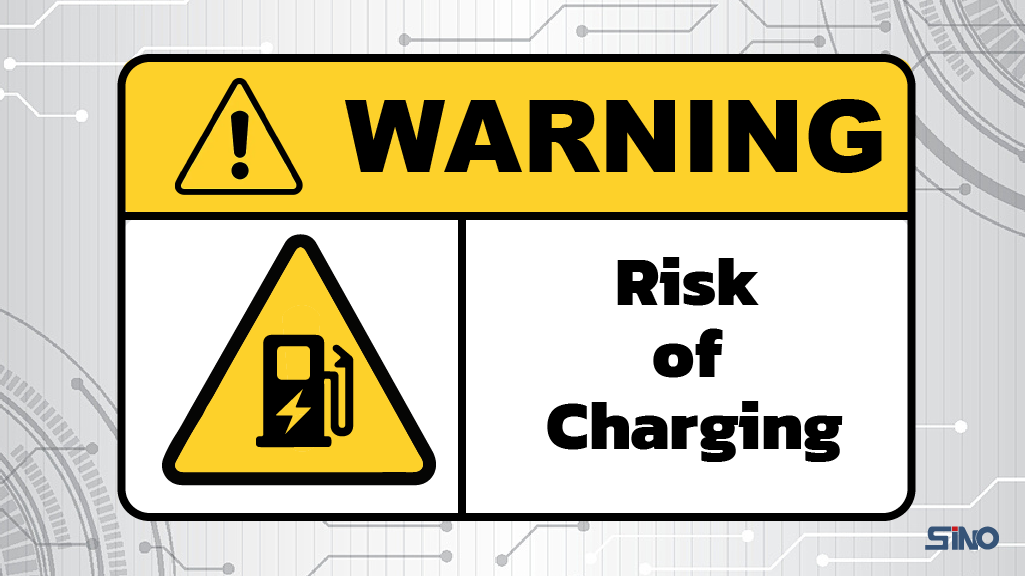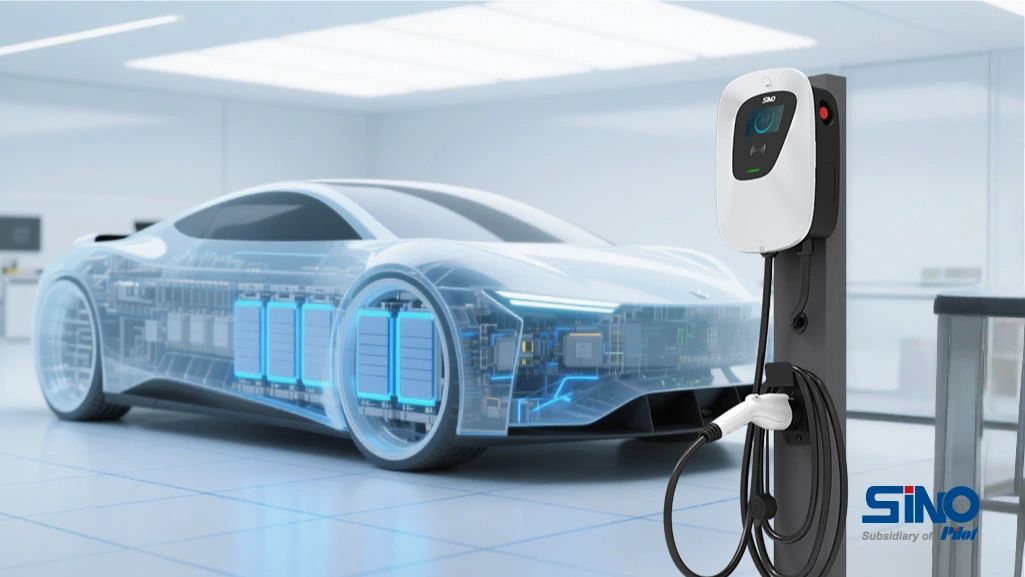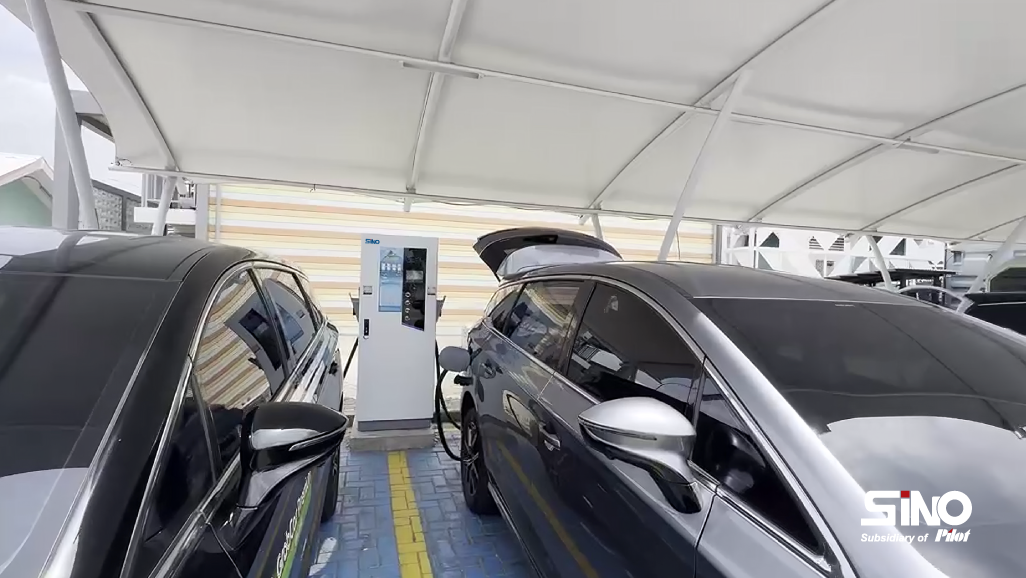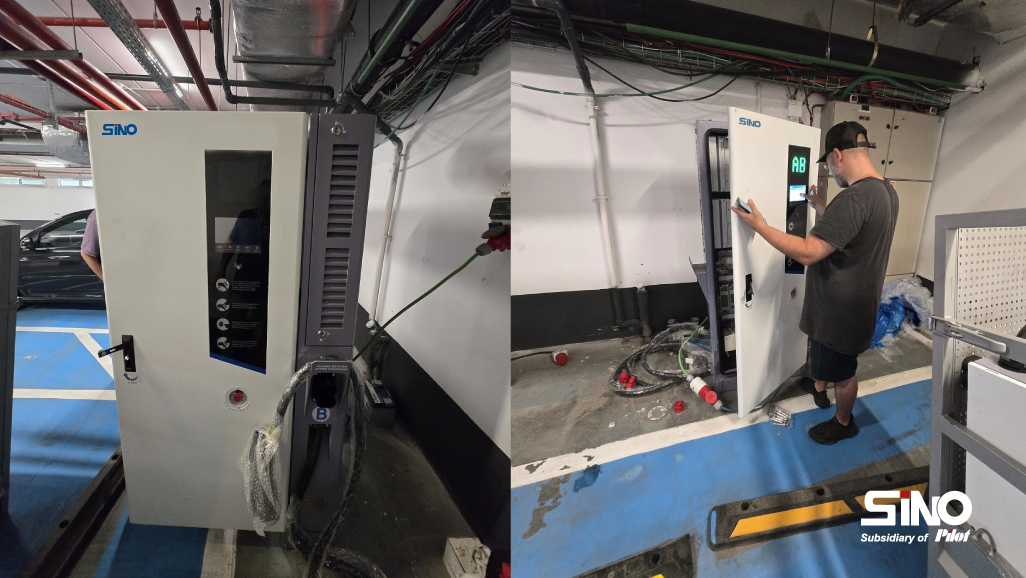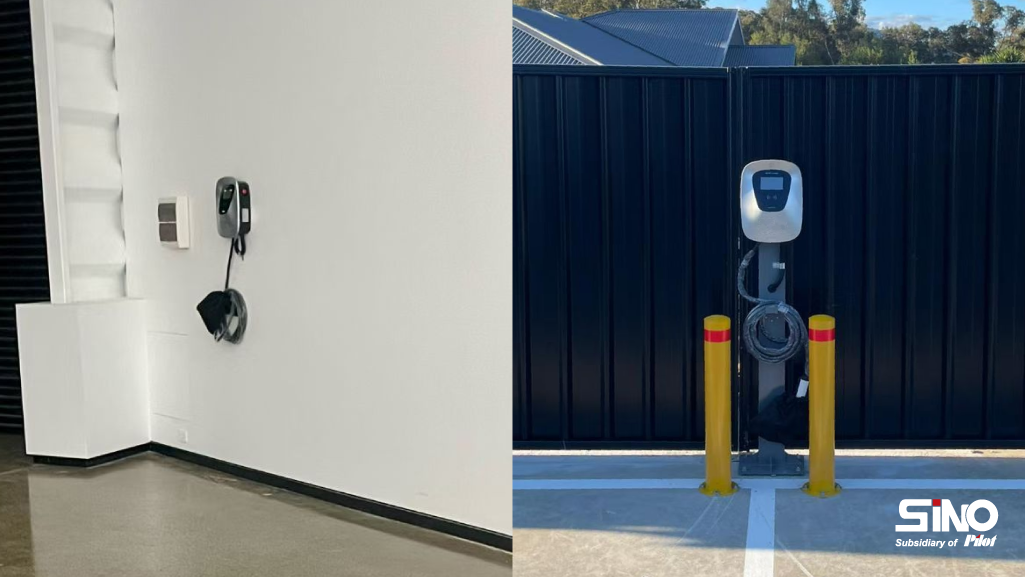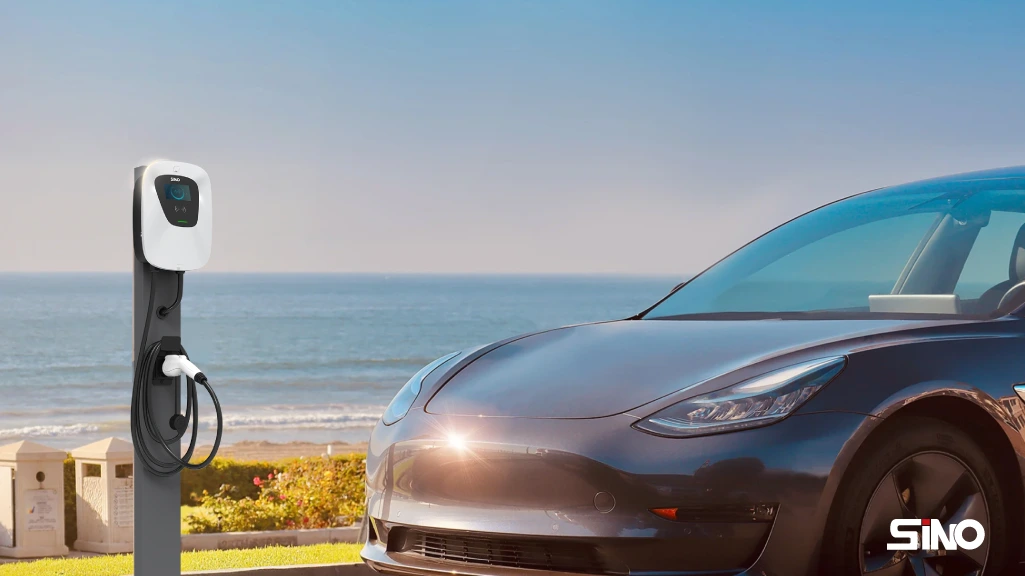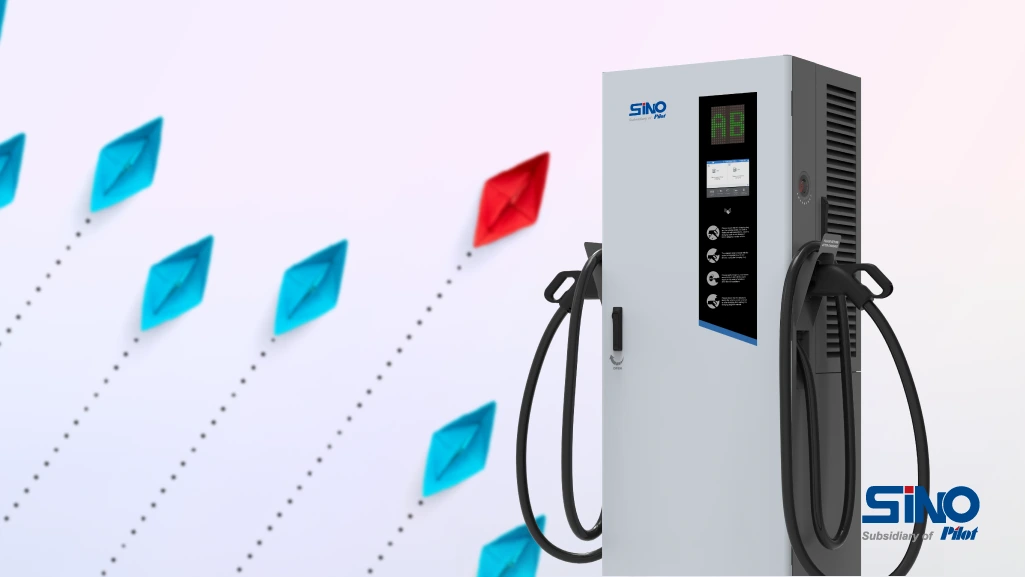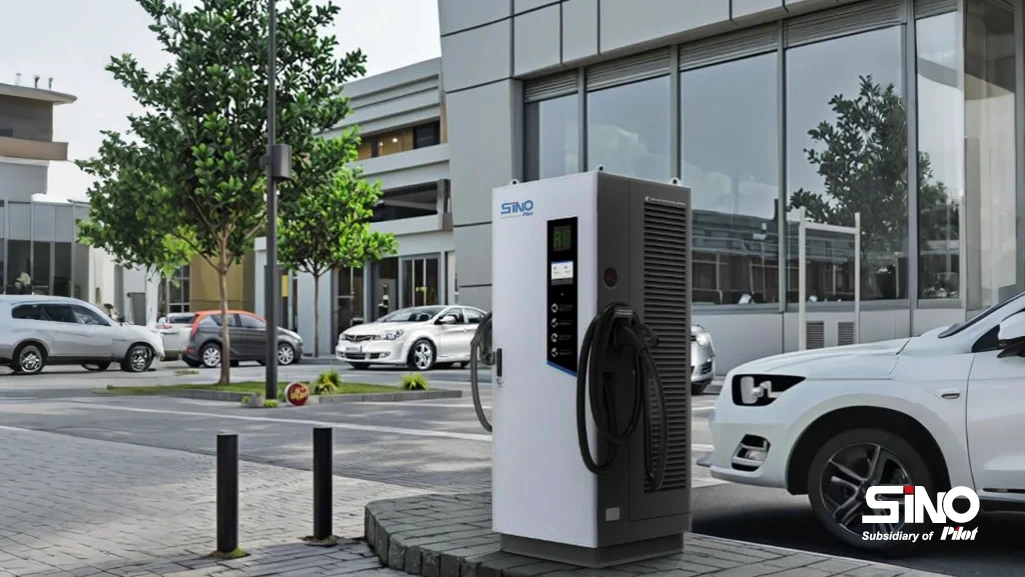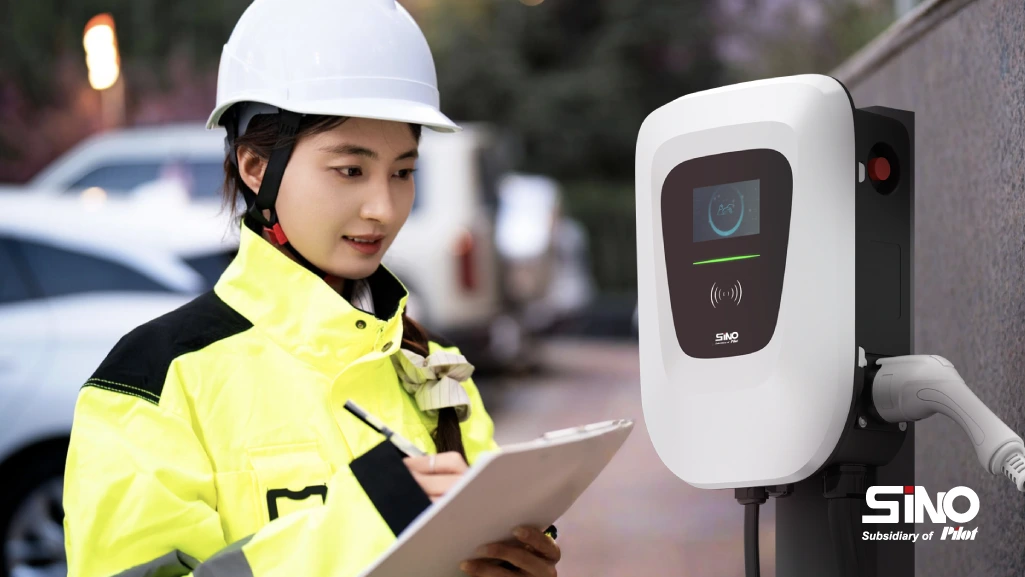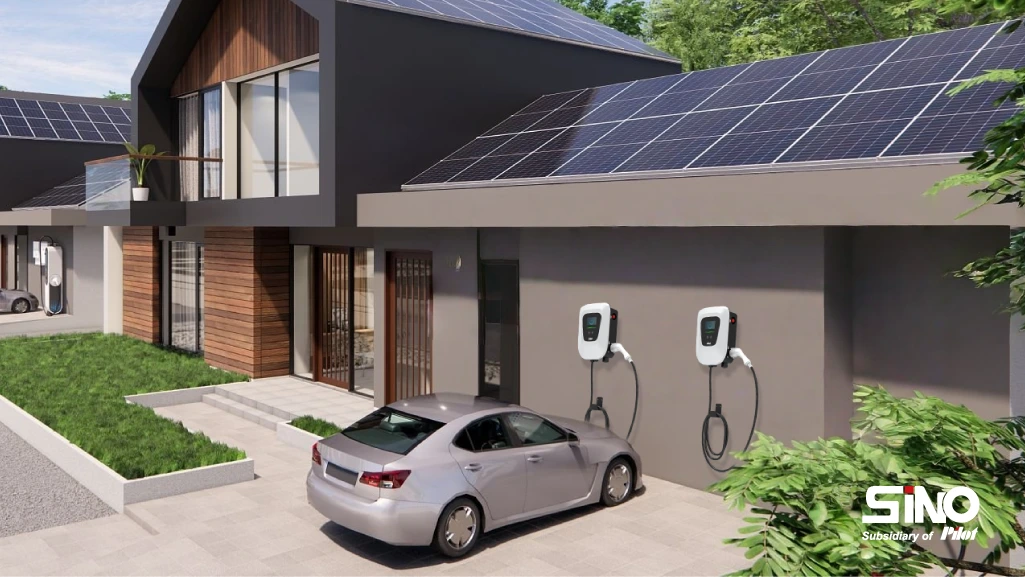Charging an EV at home is a matter of more convenience for EV owners, compared to public charging, yet, every coin has two sides, it also carries potential safety hazards. It is important to understand the risks and take precautions for the safe charging of both the vehicle and the person using the charger.
Potential risks associated when using an EV charger are:
- Fire: Improper use of the charger or charging cable could result in a fire, which could cause significant damage. The EV batteries pose fire hazards as they are lithium-ion batteries that have a high energy density and use flammable components. As a result, if something goes wrong, they could catch fire quickly and burn extremely hot.
- Electric shock: If the charger or charging cable is damaged, it could cause electric shock to the person using it.
- Damage to the vehicle: If the charger or charging cable is not compatible with the vehicle, it could cause damage to the vehicle’s battery or charging system.
- Physical injury: The charger or charging cable could become disconnected during the charging process. This will cause physical injury to the person using it.
How to minimize the Risks of home charging
- Correct Installation and Have a dedicated circuit for EV charging: You need to follow your EV manufacturer’s guidelines for charging. Or probably you can hire a professional electrician to install your EV charger. He will inspect the wiring before installing to ensure they can handle the high voltages necessary to charge the vehicle.
- Choosing the Right Charging Station: It is more than picking a brand. You need to consider many aspects, such as the safety standards that if the charger is with UL, CE, or TUV certification, the compatibility between the charger and your vehicle, the speed of charging needed, and the specific features of different models, such as WiFi connectivity or charging system software. Moreover, warranties and support from the manufacturer will also impact the long-term usability and maintenance of the charging station and your cost.
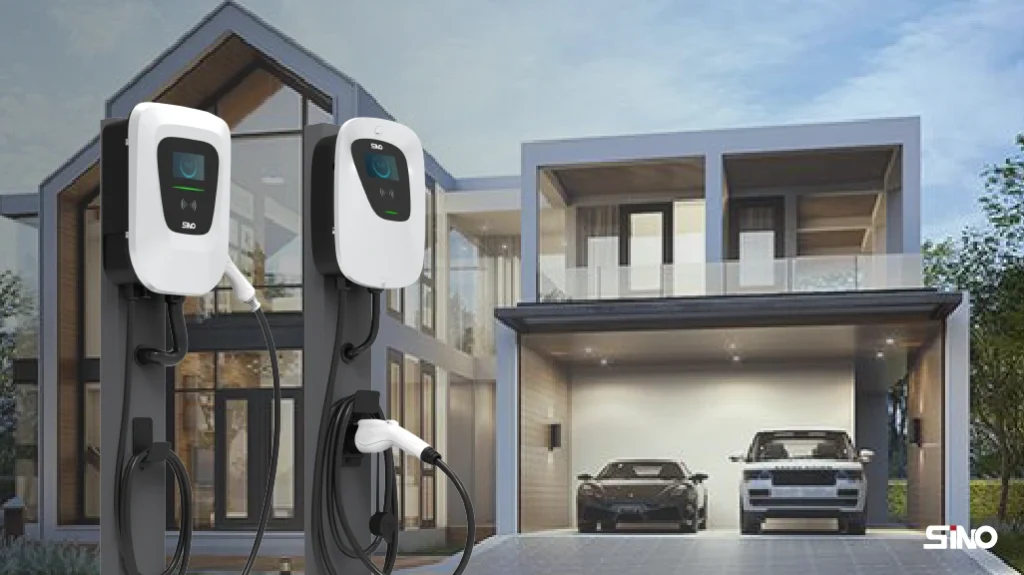
- Inspect Equipment Regularly: Check the charging cables, plugs, and the charging station itself for any signs of wear, damage, or fraying. If you notice any damage or deterioration, please replace the affected components immediately. You may seek professional assistance or replacements from certified source rather than repair electrical charging equipment on your own.
- Better turn off EV while charging: While it’s still safe for the majority of people to turn on an EV, and use some of the vehicle’s features and amenities while charging, it will slow the car’s charging time, so it’s not always practical to do so. The more devices and power you use, the slower the charging. However, as long as you use less power than your charging solution brings in, your EV will continue powering up.
- Taking care of your electric vehicle: Every EV model comes with specific recommendations for charging, including the type of charger to use, charging duration, and maintenance tips. Using chargers and accessories that are not approved by the manufacturer can lead to inefficiencies and safety risks. It can also void your vehicle’s warranty, so always refer to your EV’s user manual or consult the manufacturer for the best charging practices suited to your model.
- Maintain a Clear Area: Ensure that the space around your EV and the charging station is free from flammable materials, water puddles, and general clutter. This prevents accidental fires or electrical hazards and also allows for adequate ventilation during the charging process. A well-organized charging area not only enhances safety but also contributes to the longevity of your charging equipment.
- Avoid Overcharging the EV: This is one of the most crucial steps. Not charging to 100% every time will also help prevent overheating and optimize the efficiency and health of your EV’s battery. Modern EVs are typically equipped with systems that prevent overcharging, but it is still advisable to avoid using a smart charging system that automatically stops charging, rather than plugged in longer than necessary.
- Against Power Surges: Sudden voltage spikes can damage your vehicle’s battery and the charging equipment. To avoid this, you can install a surge protector in your home’s electrical system to safeguard against such unexpected surges. This is particularly important in areas prone to lightning or where power supply can be unstable. It’s a small investment, but it can prevent costly damage as well as ensure the longevity and safety of your EV charging setup.
- Maintenance and Upkeep of Your EV Charger: It includes regular inspections of the charging station and cables for damage or wear. Additionally, you should update the charging station’s software and firmware. This can help ensure that it operates optimally and is safe from security vulnerabilities.
Here are some problem troubleshooting if an issue arises with the charging station:
- Check the charging cable to ensure that it’s properly connected to both the vehicle and the charging station
- Check the vehicle’s charging system to ensure that it’s functioning properly
- Check the charging station’s circuit breaker and reset it if necessary
If the issue persists, consult the manufacturer’s troubleshooting guide or contact a licensed electrician for further assistance.
So as an EV owner, you need to know the importance of best practices for using and installing the charging station to decrease the risk of home charging. Regular maintenance and upkeep of the charging station and your EV will help you enjoy a safe and effective charging experience for years to come.
Our social:
Facebook: www.facebook.com/sinoevc
Instagram: www.instagram.com/sinoevc
Linkedin: www.linkedin.com/company/sinoevse
Youtube: www.youtube.com/@sinoevc
Twitter: www.twitter.com/sinoevc

“Better Charging for Better Life”
—Zhuhai Sino Energy Technology Co.,Ltd.



